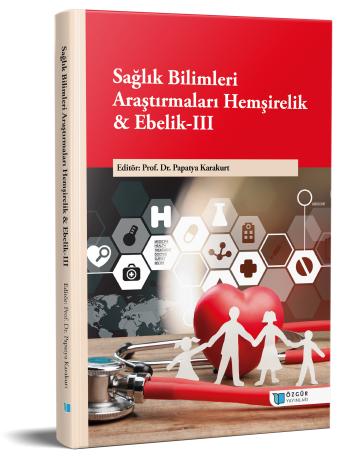
Nurse Management of Sleep Disorders in Elderly Patients
Chapter from the book:
Karakurt,
P.
(ed.)
2023.
Health Sciences Research: Nursing & Midwifery-III.
Synopsis
With age, physiological changes in sleep and shifts in circadian rhythm occur. The increase in the elderly population brings with it a great burden of sleep-related health problems. Although aging is a global phenomenon, there is little data on regional trends in sleep-related problems. Sleep represents an interesting individual difference variable because it may be associated with cognitive functioning in later life. Sleep shows consistent age-related changes as a result of developmental maturation. Many of these developmental changes parallel observed age-related changes in cognitive functions. For example, slow wave sleep and rapid eye movement sleep both decline with older age. In addition to these normal, developmentally appropriate changes in sleep, there is an increased incidence of both insomnia and sleep-disordered breathing in older adults. Sleep physiology changes with age, and many sleep disorders begin to increase in the elderly. 50% of older adults and 15.9% to 22.3% of the general population complain of sleep problems. In the elderly population, one of the biggest factors contributing to poor sleep is the high prevalence of medical and psychiatric comorbidities, as well as the problem of polypharmacy. The elderly have a slower life. As a result of the decrease in vision and hearing, deficiencies in perceiving external stimuli such as light and sound occur. All these changes negatively affect the individual's sleep and quality of life. Sleep disorders negatively affect the individual's attention and comprehension abilities. It causes difficulty in remembering. Impairment in daily functions and fatigue occur. Thus, the individual's quality of life deteriorates. Seeking health care becomes more frequent. Daytime sleepiness and daytime naps are common in the elderly. Getting older doesn't always mean sleeping poorly, but sleeping well can definitely improve overall health. It is important for nurses to take a holistic approach in the evaluation of the elderly person in order to increase the quality of care. Nurses should take a holistic approach to the elderly individual, identify the individual's sleep problem and take the necessary interventions.

